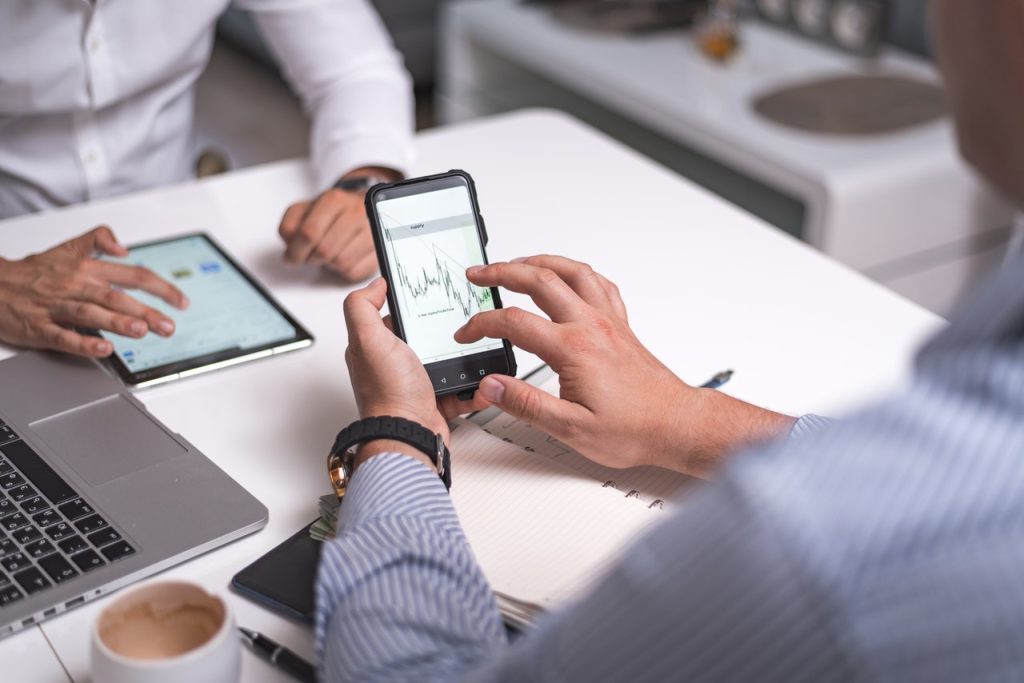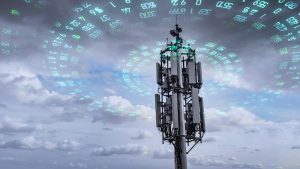Smart Devices Spying Problem

Have you ever experienced a distressing sensation that you are being watched? Then you look around and do not find anything. Billions of things are watching you on daily bases, hiding inside your office, vehicle, Television, and fridge. These things are aware of you more than your imagination and most of them are also communicating that information through the internet.
Until 207, it would be impossible to think of innovative services and apps that smartphones have introduced. But it came along a cost of your privacy loss and intrusiveness.
It is found in the privacy and data management study by scientists who study computer sciences that the privacy of cities, offices, and homes is in danger more than ever before.
The appliances in your daily use at home or offices are designed for making your lifestyle easier and automating the tasks you regularly perform. From personalizing your house temperature according to your preferences, reminding you of your food is going bad or while exiting and entering at home switching the lights on and off.
To do the work, all devices required the internet for support and correspond through data. The smart thermostat could read your temperature but it could not predict the weather forecast, also does not have the power of processing all the information and deciding what to do.
It is not only your homes where things are communicating on the internet, smart devices placed all over cities, malls and workplaces have the same requirements to make these places smarter.
In reality, the Internet of Things (IoT) is now extensively used in farming, agriculture, logistics, transport, and the automation of industry.
Almost 22 billion internet devices in the world were in use until 2018 and are estimated to reach 50 billion by 2030.
Wide-ranging data of users is collected by these smart devices, such as audio, video information about your activities and presence at your home, offices, or in the malls through security cameras, microphones, and smart assistants such as smart TVs using microphones and cameras to spy on their users, even smart lightbulbs could track your heart rate or sleep pattern, smart vacuum cleaners could map your house every inch.
People’s privacy is becoming vulnerable in smart cities, malls, or workplaces even if they do not have any smart devices. To give public control of their data Governments all around the world are also introducing privacy protection laws.
Meanwhile, users can also take steps to protect their data like regularly updating their device firmware and disabling such data collection that they don’t want.




